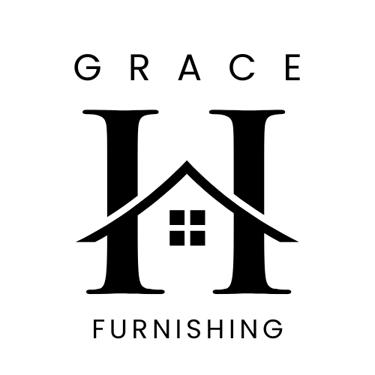Understanding Thread Count, GSM, and Fabric Types in Bedding – A Buyer’s Guide for Quality Home Furnishings
Learn what thread count, GSM, and fabric types mean in bedding. A complete buyer’s guide to choosing high-quality bedding from trusted suppliers and exporters.
Elsa Justin
7/17/20252 min read


When sourcing bedding for your retail or wholesale business, understanding fabric specifications is essential. Terms like thread count and GSM are more than just marketing buzzwords — they directly impact the comfort, durability, and appeal of your products.
In this guide, we break down thread count, GSM, and fabric types so you can make informed purchasing decisions when working with a bedding supplier or home furnishings exporter.
1. What is Thread Count in Bedding?
Thread count refers to the number of horizontal and vertical threads woven into one square inch of fabric.
General Rule:
200–400 TC – Good quality everyday bedding
400–600 TC – Premium, softer bedding
600+ TC – Luxury-grade bedding with a silky feel
However, higher thread count doesn’t always mean better quality — the yarn quality and weave type also matter.
Tip for Importers: Always request fabric swatches from your bedding exporter to feel the difference rather than relying solely on thread count numbers.
2. What is GSM in Bedding?
GSM stands for grams per square meter and measures fabric weight. This is especially important for quilts, duvet covers, and flannel sheets.
GSM Ranges for Bedding:
90–120 GSM – Lightweight summer bedding
120–170 GSM – All-season bedding
170+ GSM – Heavy, warm bedding for colder climates
Tip: If you export to multiple regions, choose bedding GSM according to the climate of your target market.
3. Common Bedding Fabric Types
Cotton
Soft, breathable, and durable
Ideal for all climates
Variants: Egyptian cotton, organic cotton, Pima cotton
Polyester
Affordable, wrinkle-resistant, and easy to maintain
Often blended with cotton to balance comfort and cost
Silk
Luxurious feel, naturally hypoallergenic
Higher cost, requires delicate care
Linen
Highly breathable and moisture-wicking
Perfect for hot climates, premium market segment
Blended Fabrics (Cotton-Poly, Cotton-Bamboo)
Combine durability with comfort
Lower cost than 100% cotton or silk
4. Matching Specifications to Your Market
Different markets have different expectations:
Europe & USA: Prefer higher thread count and natural fabrics
Middle East: Demand for luxury finishes and decorative stitching
Australia & Tropical Countries: Lightweight GSM and breathable fabrics
Working with a bedding supplier from India allows for customization in thread count, GSM, and fabric type to match your target audience’s needs.
5. Quality Assurance Before Bulk Orders
Before finalizing a bulk bedding order:
Request fabric test reports for GSM and thread count verification
Check colorfastness and shrinkage rates
Review stitching quality and seam strength
Conclusion
Choosing the right bedding means understanding thread count, GSM, and fabric types. These specifications influence not only product comfort but also your sales potential in different markets.
At Grace Furnish, we supply premium bedding in customizable specifications for global buyers, ensuring the right balance of comfort, durability, and market appeal.
Contact us today to discuss your bedding requirements and receive tailored recommendations for your region.
Grace Furnishing Global
Premium Indian Home Furnishings for Global Buyers | Supplying to 20+ countries
Contact
Office Address:
Grace Furnishing, Mumbai, IndiaPhone/WhatsApp:
+91-+91 9819027008Email: info@gracefurnish.com
Working Hours:
Mon–Sat, 9:00 AM – 6:00 PM IST
© 2025 Grace Furnishing. All rights reserved.
Privacy Policy | Terms & Conditions
